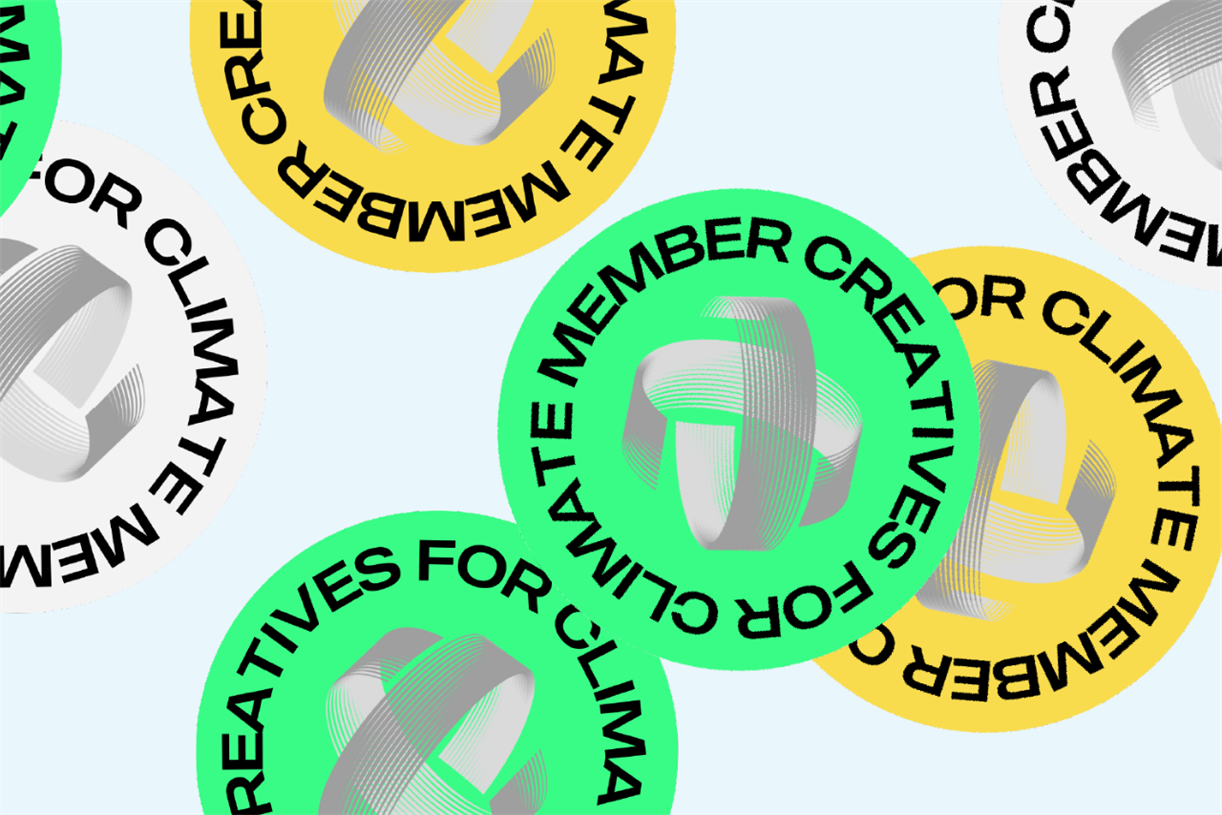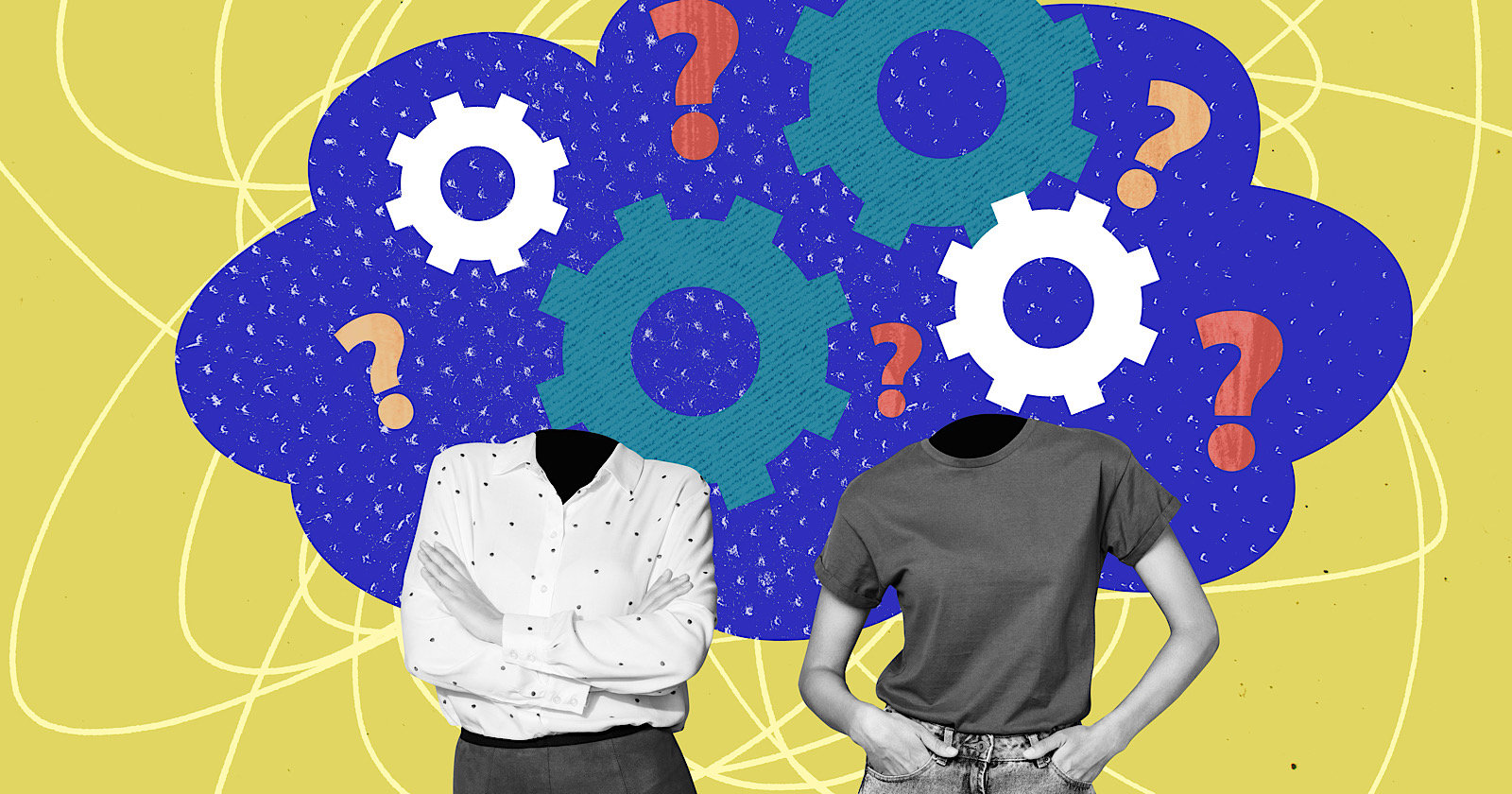11 Simple Things You Can Do Today That Will Make You Happier, Backed By Science
Looking for some low-lift ways to make yourself happier? Here's some of the best research that we've found on personal happiness.


Happiness is something we think about a lot at Buffer.
It's been a cornerstone of our culture from the beginning (just take a look at this slide deck about it from way back in 2013). Though our values have evolved since then, you'll still see echoes of how important happiness is for us to cultivate in our most up-to-date version.
No surprise then that I thought it would be interesting to dig into the research on how to become a happier person. Spoiler: there's a lot of it! After combing through as much as I could, here are 11 of the simplest things that make you happy, according to science.
Jump to a section:
- Exercise (even 10 minutes is enough)
- Sleep more — you’ll feel like you’ve won the lottery
- Move closer to work (or work from home)
- Spend time with friends and family
- Get outside somewhere green
- Help others to help yourself
- Practice smiling — it can alleviate pain
- Plan a trip — you don’t even need to take it
- Meditate — rewire your brain for happiness
- Practice gratitude to increase both happiness and life satisfaction
- Tailor this list to suit you
1. Exercise (even 10 minutes is enough)
You've likely heard of endorphins, the pain and stress-relieving hormones released when you exercise. But the release of these feel-good chemicals is not the only dramatic effect that exercise can have on your body.
Getting moving also triggers the release of more happiness hormones, serotonin and dopamine. On top of that, exercise increases your heart rate, which in turn pumps more oxygen to your brain. A well-oxygenated brain is as great as it sounds — many studies have found that this can help manage anxiety and depression, too.
In Shawn Achor’s book, The Happiness Advantage, he cites a fascinating study on this. (The book is a great read, by the way — I'll be referring back to it a lot in this article!).
In the study, three groups of patients treated their depression with either medication, exercise, or a combination of the two. The results of this study surprised me. Although all three groups experienced similar improvements in their happiness levels to begin with, the follow-up assessments proved to be radically different:
"The groups were then tested six months later to assess their relapse rate," Achor writes. "Of those who had taken the medication alone, 38 percent had slipped back into depression. Those in the combination group were doing only slightly better, with a 31 percent relapse rate. The biggest shock, though, came from the exercise group: Their relapse rate was only 9 percent."
Exercise can help you to relax, increase your brain power, and improve your body image. A study in the Journal of Health Psychology found that people who exercised felt better about their bodies, even when they saw no physical changes.
The best part? This doesn’t mean you need to commit to a miles-long run or strenuous HIIT class every day to have a happy life — just 10 minutes of movement a day has been proven to be enough to boost happiness levels, according to The Journal of Happiness Studies.
2. Sleep more — you’ll feel like you’ve won the lottery
According to the American Psychological Association (APA), sleep deprivation dramatically impairs memory and concentration, disrupts your metabolism, and increases levels of stress hormones.
Beyond the severe physical consequences of getting enough sleep (“People who chronically fail to get enough sleep may actually be cutting their lives short,” the APA says), you don’t need me to tell you that a bad night’s sleep can seriously impact your mood.
A study published in the journal Sleep, which analyzed the sleep patterns of 30,594 people over the age of 16 in the U.K. across a period of 4 years, found that insufficient or poor sleep worsened emotional states.
With the widely used General Health Questionnaire (GHQ), a survey that helps determine health-related quality of life, they made some interesting comparisons with participants who got more and better sleep:
“Changes on the GHQ are comparable with those seen in mental health professionals completing an eight-week program of mindfulness-based cognitive therapy designed to improve psychological well-being,” researchers write.
“They are also comparable with the average improvement in well-being shown by U.K. lottery winners two years after a medium-sized lottery win.” Read: Getting more sleep will boost your mood as much as winning the lottery.
























![Brand and SEO Sitting on a Tree: K-I-S-S-I-N-G [Mozcon 2025 Speaker Series]](https://moz.com/images/blog/banners/Mozcon2025_SpeakerBlogHeader_1180x400_LidiaInfante_London.png?auto=compress,format&fit=crop&dm=1749465874&s=56275e60eb1f4363767c42d318c4ef4a#)

![How To Launch, Grow, and Scale a Community That Supports Your Brand [MozCon 2025 Speaker Series]](https://moz.com/images/blog/banners/Mozcon2025_SpeakerBlogHeader_1180x400_Areej-abuali_London.png?auto=compress,format&fit=crop&dm=1747732165&s=beb7825c980a8c74f9a756ec91c8d68b#)
![Clicks Don’t Pay the Bills: Use This Audit Framework To Prove Content Revenue [Mozcon 2025 Speaker Series]](https://moz.com/images/blog/banners/Mozcon2025_SpeakerBlogHeader_1180x400_Hellen_London.png?auto=compress,format&fit=crop&dm=1747758249&s=9f3c5b1b7421f862beace1cb513053bb#)

























![The 11 Best Landing Page Builder Software Tools [2025]](https://www.growthmarketingpro.com/wp-content/uploads/2024/04/best-landing-page-software-hero-image-1024x618.png?#)







































![How To Build AI Tools To Automate Your SEO Workflows [MozCon 2025 Speaker Series]](https://moz.com/images/blog/banners/Mozcon2025_SpeakerBlogHeader_1180x400_Andrew_London-1.png?auto=compress,format&fit=crop&dm=1749642474&s=7897686f91f4e22a1f5191ea07414026#)













![Marketers Using AI Publish 42% More Content [+ New Research Report]](https://ahrefs.com/blog/wp-content/uploads/2025/06/marketers-using-ai-publish-42-more-by-ryan-law-data-studies-1.jpg)










![Brand pitch guide for creators [deck and email templates]](https://blog.hootsuite.com/wp-content/uploads/2022/06/brand-pitch-template.png)


![Social media image sizes for all networks [June 2025]](https://blog.hootsuite.com/wp-content/uploads/2023/01/Social-Media-Image-Sizes-2023.png)

![The HubSpot Blog’s AI Trends for Marketers Report [key findings from 1,000+ marketing pros]](https://www.hubspot.com/hubfs/state-of-AI-1-20240626-53394.webp)
![AI can boost conversions from your web page — HubSpot’s CMO shows you how [tutorial]](https://knowledge.hubspot.com/hubfs/ai-1-20250605-395473.webp)
![The state of inclusive marketing in 2025 [new data + expert insight]](https://www.hubspot.com/hubfs/inclusive-marketing-report.webp)










![X Highlights Back-to-School Marketing Opportunities [Infographic]](https://imgproxy.divecdn.com/dM1TxaOzbLu_kb9YjLpd7P_E_B_FkFsuKp2uSGPS5i8/g:ce/rs:fit:770:435/Z3M6Ly9kaXZlc2l0ZS1zdG9yYWdlL2RpdmVpbWFnZS94X2JhY2tfdG9fc2Nob29sMi5wbmc=.webp)






